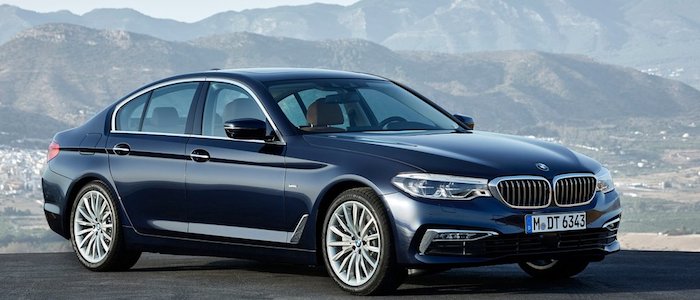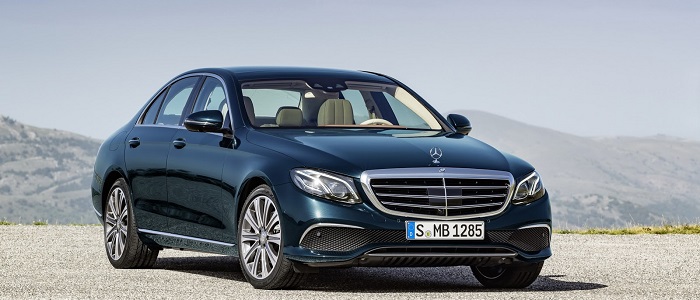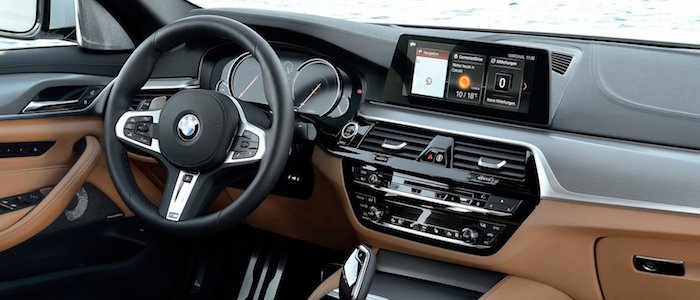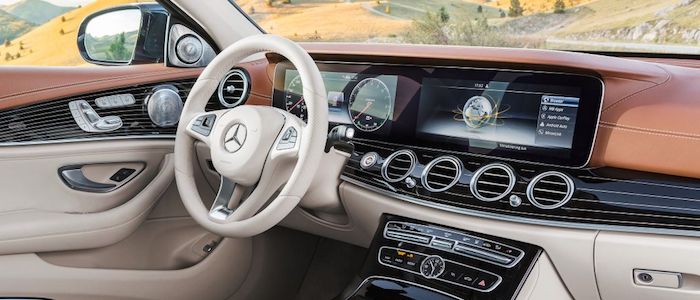Compare two cars
Compare any two cars and get our Virtual Adviser™ opinion
Dimensons & Outlines
Check vehicle history
Engine
3.0 OM642 LS DE30 LA
Performance (manual gearbox)
Performance (automatic gearbox)
Expenses
Virtual Adviser's™ opinion
Well, these are two pretty similar cars we have here! It's only details that could potentially make the difference. Considering they both belong to the luxury car segment and utilize the same 4-door sedan body style and the rear wheel drive system, it all comes up to the specific diesel engine choice they offer. The first one has a BMW-engineered powertrain under the hood, a 6-cylinder, 24-valves 265hp unit, while the other one gets its power and torque from a 6-cylinder, 24-valves 258hp engine designed by Mercedes Benz.
SafetyA starting point here would be to take a look at the results from European New Car Assessment Programme (Euro NCAP) tests which were performed on both of the cars, with the same number of safety stars gained in the process. Moving further on, let's take a closer look at some additional safety-related facts. Both vehicles belong to the luxury car segment, which is generally a very good thing safety-wise, still it doesn't help us solve our dilemma, does it? On the other hand, if we'd like to consider vehicle mass in this context too, which we definitely should, Mercedes Benz E offers a marginal difference of 5% more metal.
ReliabilityManufacturers have been building their reliability reputation for decades now and, generally speaking, it appears that both brands display similar results in faults and breakdowns, all the models observed together. These are the official statistics, while our visitors describe reliability of BMW with an average rating of 4.1, and models under the Mercedes Benz badge with 4.3 out of 5. Independent research findings rank 5 Series as average reliability-wise, and E is more or less at the same level.We should definitely mention that owners of cars with the same powertrain as 5 Series rank it on average as 3.0, while the one under the competitor's bonnet gets 2.5 out of 5.
Performance & Fuel economyBMW is a bit more agile, reaching 100km/h in 0.2 seconds less than its competitor. Still, it lacks the power to win the top speed competition, topping at 250 kilometers per hour, exactly the same as the other car does. When it comes to fuel economy the winner has to be 5 Series, averaging around 4.5 liters of fuel per 100 kilometers (63 mpg), in combined cycle. We can't ignore that 22% difference compared to Mercedes Benz E.
Verdict
BMW appears just a bit more reliable, although the difference is truly marginal. The most important thing when deciding between any two vehicles should always be safety, both passive and active. In my opinion, everything taken into account, Mercedes Benz E offers slightly better overall protection and takes the lead. From there things take a different direction, with BMW offering somewhat better performance, just enough to call it quicker. To make things even better, it consumps less fuel! It's not difficult to say then that if I'd need to make a choice, it would definitely be the BMW. Anyway, that's the most objective conclusion I could've came up with and it's based solely on the information found on this website. Aspects such as design, practicality, brand value and driving experience are there for you to measure them out. I suggest you spend two more minutes in order to find out which car, based on your needs and budget, would be picked by the virtual adviser™, out of 12.000+ vehicles we currently have in our database.































